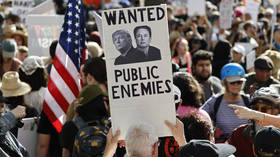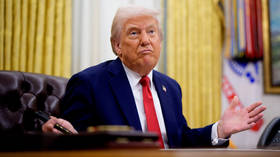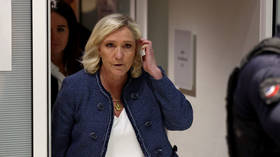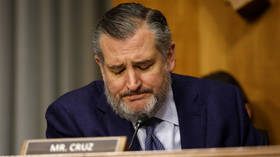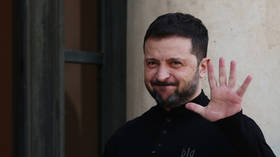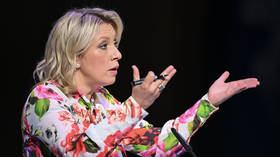Putin reveals choice for Russian PM
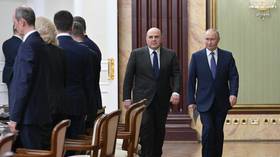
Russian President Vladimir Putin has asked acting Prime Minister Mikhail Mishustin to remain in the post, State Duma Speaker Vyacheslav Volodin revealed early on Friday morning.
Members of the Russian government had to tender their resignations on Tuesday, when Putin was inaugurated for a fifth term as the country’s head of state. In accordance with the legally-mandated reshuffle, the Russian leader has to propose a candidate for prime minister for approval by the State Duma, the lower chamber of the parliament.
On Friday, Putin officially nominated Mishustin to remain in charge of the government, according to Volodin. When he met the outgoing cabinet earlier in the week to discuss its achievements, the president expressed his approval of the ministers’ work.
Mishustin was first appointed prime minister in January 2020, replacing Dmitry Medvedev. Assuming he is reconfirmed, his new cabinet will be formed under slightly different rules introduced by constitutional amendment that same year.
The head of the government cannot simply appoint ministers, but must nominate candidates for lawmakers to consider. Some posts will be filled by people selected by the president rather than the prime minister, and confirmed by the upper chamber of the parliament, the Federation Council, rather than the Duma.
The Russian Constitution allows several weeks for the entire process, but in practice the transition to a new government is expected to proceed swiftly.




